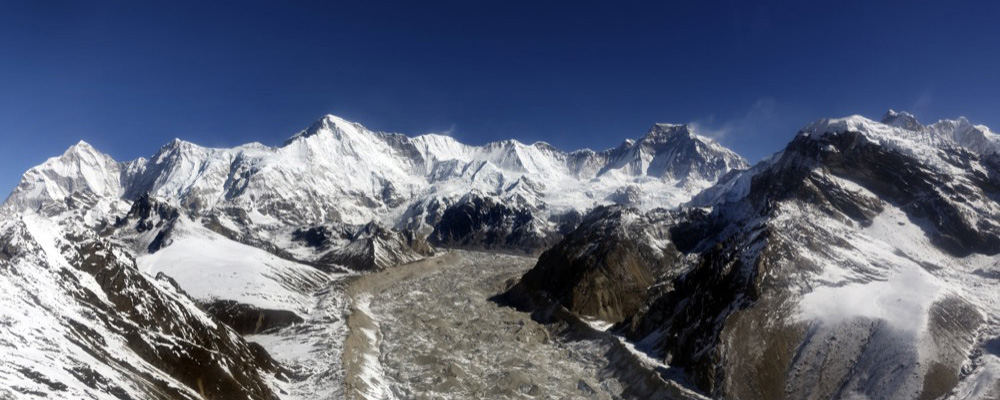
What is the best way to react to a “super-ego”?
The only answer it is to develop a different culture, a different mindset.
Is this realistic?
Violence has been decreasing for five centuries. Life in Europe has never been as safe as it is today. On a global level too, torture, slavery, wars and human rights violations are declining. Violence does not prevail everywhere. We can make our cultures evolve.
It is said that one trained in meditation does not find destructive emotions in every nook and cranny of his consciousness. Does this mean that humans are fundamentally good?
It is not a question of good or bad. The light is not clean or dirty, no matter what it lights up, a pile of garbage or gold coins. It only reveals or shows. One could say that it is good because it is not soiled nor conditioned by anger, ignorance, attachment, hostility, jealousy, pride: all this is toxic and brings suffering. Through training, one can attain state of mind as pure as clear water. Then compassion is possible.
The Dalai Lama says the Tibetan conflict with the Chinese is part of his spiritual practice. What does this mean?
When we face violence and oppression with hate, we destroy our own praxis and fail to accomplish anything. The Dalai Lama does not lack purpose or determination; he has an incredible strong will. As a person with a transparent ego, his intention it to free all beings from suffering. Only intention, not ego, is necessary to achieve fulfillment in life. Human beings often find it difficult understanding that selflessness means ultimate peace. We can act appropriately and compassionately because we are not torn by this division between “mine” and “yours”, this dichotomy of the polarizing world. While being able to perceive enemies is essential for survival – as I said, we are not vegetables – pain remains subjective. The main question is: how do I prevent aggressors from causing harm? If someone threatens me, I may shoot him in the legs but I also stroke his head to comfort him. It makes sense. There is an allegory in Buddhism about a boat carrying 500 merchants. One man wants to kill everyone; another can save them by killing him. There is no alternative. To protect his fellowmen, he kills the dangerous man and accepts the prison sentence. But he didn’t act out of hatred, only compassion.
The ego does not reside anywhere in particular, be it the brain, the heart or the body – neurology shows this as clearly as Buddhism.
Have not many acts of violence been justified in this way?
Dialogue and non-violence are always the first option, and as long as we cannot predict the consequences, there is no alternative. Military intervention often leads to escalation, as in Iraq or Afghanistan, and that’s exactly what we want to avoid. But when we can adequately assess the situation and no peaceful alternative remains, it can make sense to resort to violence of surgical precision as long as this is motivated by deep compassion.
Extracted from an interview by Anja Jardine for Neue Zürcher Zeitung